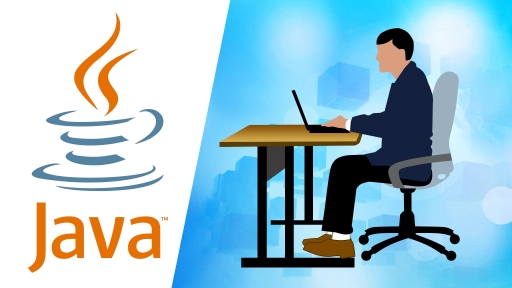One of the major trouble areas in most object oriented languages, such a c ++ programming isto handle memory allocation. Programmers need to handle memory in the program explicitly, for optimum utilization. To handle the allocation of memory they use pointers, which enable a program to refer to a memory location of the computer. However Java does not support pointers, and consist of the built-in functionality to manage memory.
Java provides some powerful features which makes it a popular and widely used programming language. Some of the features are as follows:
- Simple: When an object of a class is created, memory needs to be allocated.After that when the object is no longer required, the allocated memory to the object should be released.In Java memory allocation and deallocation happens automatically.This process of automatically deallocating memory is called garbage collection.
- Platform Independence:In Java when you compile an error code the computer converts the program to a platform independent code, which is known as the bytecode. Hence, the Java Virtual Machine (JVM) interprets the bytecode into a machine code which can run on that machine. Converting a Java Program into a bytecode makes a Java Program platform independent, because any computer installed with the Java Virtual Machine can interpret and run the bytecode. However, each program needs to have its own Java Virtual Machine to interpret and run the bytecode for that platform. Online Java test assesses an individual’s knowledge andcapability ofcoding.
- Object-oriented: Java is an object oriented language and it incorporates the various characteristics of an object oriented language such as polymorphism and inheritance.In Java the entire program code must be encapsulated inside a class even the most basic program in Java must be written within a class.Furthermore Java uses objects to refer to real world entities such as game or a game player.
- Portable: Portability refers to the ability of a program to run on any platform without changing the source code of the program.The programs developed on one computer can run on other computers, which might have a different operating system. Java enables the creation of cross-platform program in converting the programs into java bytecode.
- Secure: Java has built-in security features that ensure that a Java Program gains access to only those resources of a computer that are essential for its execution. This ensures that a Java Program execution on a particular machine does not harm it.
- Distributed: Java can be used for the development of those applications that can be distributed in multiple machines in a network, such as the internet.These applications can be used by multiple users from multiple machines in a network.For this purpose, Java supports the various Internetprotocols, such as Transmission Control Protocol and Internet Protocol (TCP/IP) and Hypertext Transfer Protocol (HTTP).
- Robust: Java provides various features, such as memory management and exception handling, which make it a robust programming language.Thesefeatures ensure that the Java applications run in a secure fashion and effectively on a machine and do not crash a machine is minor errors were encountered.
- Multithreaded: Java provides the concept of multithreading which allows a program to simultaneously execute multiple tasks by using threads. A thread is the smallest unit of execution in a Java Program.
























































